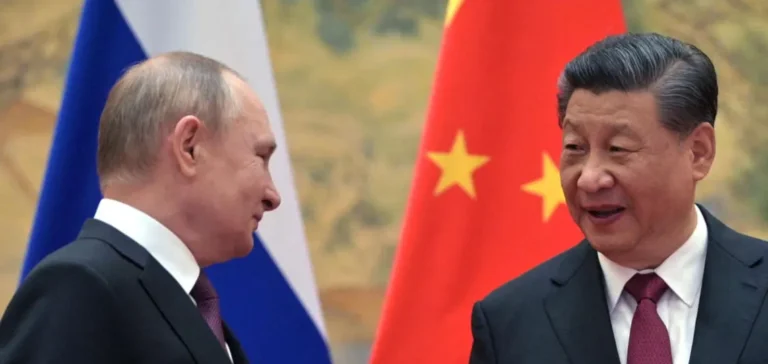Gazprom has announced the signing of a legally binding memorandum with China National Petroleum Corporation (CNPC) for the Power of Siberia 2 pipeline project. The document was signed during Russian President Vladimir Putin’s visit to Beijing, marking a major step forward in a deal that has been under discussion for several years. The multi-thousand-kilometre pipeline would transport up to 50 billion cubic metres of gas per year to China through Mongolia.
A strategic project for Moscow
Gazprom’s Chairman of the Board, Alexey Miller, stated that the project supports Russia’s long-term objectives of energy redeployment. The pipeline would reinforce the energy axis between Moscow and Beijing, as Russia continues to reorient its exports towards Asia in response to Western sanctions. The loss of the European market, following restrictions imposed after the outbreak of the conflict in Ukraine, has intensified Russia’s efforts to diversify its outlets.
Russia already supplies gas to China through the Power of Siberia 1 pipeline, operational since 2019. This line transports significant volumes from fields in Eastern Siberia. Power of Siberia 2, by contrast, would tap Western Siberian reserves, historically destined for Europe, and redirect them to the Chinese market.
Increased volumes and Mongolian approval
Alongside the memorandum, Gazprom and CNPC agreed to increase flows through the Power of Siberia 1 pipeline, from 38 to 44 bcm per year. According to Alexey Miller, Power of Siberia 2 represents “the most capital-intensive project in the global gas industry.” The pipeline will cross Mongolian territory via the Soyuz Vostok corridor, whose feasibility study was completed in January 2022. Mongolia’s state expert review authority approved the project in March 2025.
The proposed route will connect Western Siberian gas fields with China’s Xinjiang Uyghur Autonomous Region in the country’s northwest. The Mongolian government has already positioned itself as a facilitator of transit, reinforcing regional interest in this energy corridor.
A geopolitical repositioning without total rupture
According to Mark Episkopos, Eurasia Research Fellow at the Quincy Institute for Responsible Statecraft, the project signals “a clear intention to shift Russia’s energy exports eastward.” He added, however, that this strategy does not preclude the possibility of renewed engagement with Europe. “Maintaining an energy relationship with Europe remains in Moscow’s long-term economic interest, in a diversified portfolio logic,” he said, noting that any resumption would depend on a diplomatic settlement of the Ukraine conflict.
A total of twenty-two cooperation agreements were signed between Russian and Chinese delegations during Vladimir Putin’s visit, strengthening the bilateral energy partnership. No precise timetable or definitive financial package has yet been communicated for Power of Siberia 2.






















